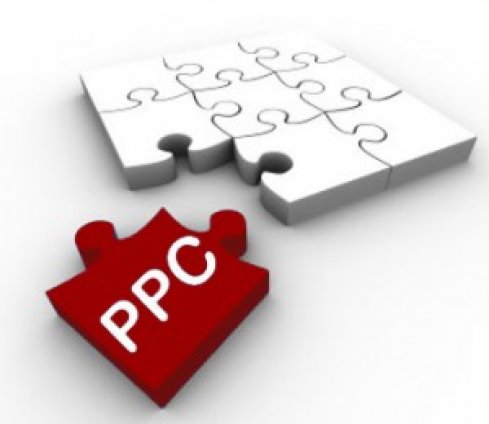The purpose of buying pay-per click ads is to drive traffic to the offers on your site. But not all traffic is created equal. Some visitors are far more targeted than others, and thus easier to convert into leads and sales. The question is, what is the most effective method for bringing people to your site who are likely to convert? The answer is found in your keywords.
PPC works by displaying your ads whenever people search for certain words and phrases. As the advertiser, you get to choose which keywords trigger your ads. You bid a certain dollar amount per click. Assuming your bids are high enough, your ads will be displayed around the search engine’s organic results.
Your keyword list is instrumental in bringing the right type of traffic to your site. It influences your campaign’s profitability. Pick the wrong words and phrases, and you’ll quickly deplete your ad budget. Pick the right ones, and your campaign will deliver an impressive ROI. Our goal in this article is to help you to build a profitable list.

Building Your Initial Keyword Inventory
Just because a particular phrase receives a high number of searches each month does not mean it is worth bidding on. Much depends on whether the person searching for the phrase is in the frame of mind to take action. For example, consider who is more likely to buy an instructional DVD on golf: a person searching for “free golf tips” or someone searching for “golf tips DVD.” The latter keyword phrase is more targeted, and thus more likely to result in a conversion.
The easiest way to come up with an initial keyword list is to brainstorm them. But it’s not the most efficient method. Fortunately, there are plenty of tools online – some free and others paid – that can generate a list of phrases based on an initial keyword. Google’s keyword tool (free) is a good place to start. If you type in “golf tips,” it will return the following phrases…
– golf tips for beginners
– free golf tips
– golf instruction tips
– golf tips videos
Your goal is not to collect as many keywords as possible. Instead, focus on building a small list of phrases that are likely to lead to conversions.
Expanding Your List With Long-Tail Keywords
Once you have a healthy starting list of keywords, it’s time to expand it. The best method for doing so is to target long-tail keywords (or “long tails”). These are phrases that usually contain several words. An example would be “golf putting tips for beginning players”.
Long tails are very precise. They give you a close look at the intent of the person using the term. For example, you know from the phrase above that the person is a beginning golfer who wants help with putting. There is no way to intuit this level of insight from the general phrase “golf tips.”
The advantage of bidding on long tails is that people using them are more targeted. Because you have a better idea regarding what they hope to find, you can direct them to areas on your site that closely match their goal. And that means there’s a higher likelihood of converting them from leads into customers.
The drawback is that long-tail keywords don’t drive a substantial amount of traffic. But if you’re bidding on enough of them, you’ll find the raw traffic numbers are not only impressive, but can also produce a much higher ROI.
Use Negative Keywords To Filter Your List
Just as the right keywords can bring high-ROI traffic to your site, the wrong words can cause your PPC campaigns to hemorrhage cash flow. It’s important to identify these latter phrases so you can weed them from your keyword lists and prevent your ads from displaying when people search for them.
For example, suppose your business sells high-end golf clubs. The clubs cost a lot of money, and the folks who buy them tend to have a large disposable income. Given that, you want to avoid bargain-hunters. You could add “cheap,” “inexpensive,” and “discount” as negative keywords to your PPC campaign. Doing so would ensure your ads remain hidden for queries containing those words.
There is, of course, a lot more to building a profitable keyword list for your PPC campaigns. Many businesses spend thousands of dollars each month to nurture and prune their own lists. The information above will get you started in the right direction.
Find out more about Search Engine Optimization done ethically and professionally by AndersenInternetmarketing.com

